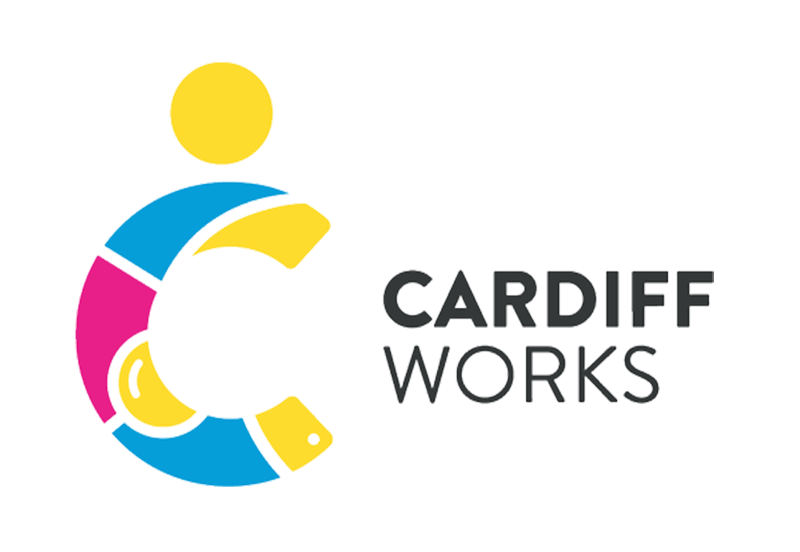Fuel

Utility bills such as gas, electricity and water can take up a large part of your income.
There are ways listed below to help you reduce your bills, but if you need help please contact us or drop into a Hub for more information.
Gas and Electric Bills
Utility bills can be very high and can take a large amount from your income.
If you are in debt with your gas or electric bill contact your supplier as many run schemes to help people in debt. We can also help you apply.
National Energy Action (NEA) -the national fuel poverty charity
NEA provides support for a range of energy related issues including switching suppliers, helping with fuel debt, applying for trust funds, energy efficiency and water rates.
Warm Home Discount
Warm Home Discount is a one-off payment of £150 onto your energy account, available if you are on certain benefits. The scheme is changing this year and most people will receive this money automatically.
I don’t know if I am eligible
You can check online: Warm Home Discount Scheme: Overview – GOV.UK (www.gov.uk)
Or telephone:
Warm Home Discount helpline
Telephone: 0800 107 8002
Monday to Friday, 8am to 6pm
NEST
If you are having trouble heating your home, then the Welsh Government’s NEST scheme can help. They will look at the energy efficiency in your home and will look at ways of improving it. They offer everything from advice to insulation or a new boiler depending on your circumstances.
Energy Trust: Help with fuel debt
Energy Trusts can help you to:
- Pay gas and energy debts and other household debts, eg rent arrears, council tax debts
- Purchase essential household items eg washing machines and cookers.
- Provide other forms of financial assistance, e.g. bankruptcy, deposits and funeral expenses.
Check if your energy supplier runs an Energy Trust. If it does, apply to this trust through the online application. If your supplier does not have an Energy Trust, you will need to apply to the British Gas Energy Trust. All applications can be found on the energy trust website.
How to Apply
Tel: Contact your provider or call the Money Advice Team on 029 2087 1071
Visit: Your local hub
ECO Affordable Warmth
You may qualify for help under the ECO Affordable Warmth Obligation if:
- Your property is a privately owned home or a privately rented home.
- Members of the household receive certain state benefits. These include State Pension Credit, Child Tax Credit, Income Related Employment and Support Allowance (or similar) and Working Tax Credit, though other conditions apply to some of these benefits
Affordable Warmth Scheme currently has grants for:
- Central Heating Grant
- Gas Boiler Grant
- Cavity Wall Insulation Grant
- Solid Wall Insulation Grant
- Loft Insulation Grant
- Attic Room Insulation Grant
How to Apply
Online: www.affordablewarmthscheme.co.uk
Contact your energy provider for more details
Welsh Water
If you are on a low income, have a large family or have disabilities or health conditions that mean you use more water, you may qualify for a reduced water bill.
If you’re in severe debt with Welsh Water, we can help you make an application to their customer assistance fund to help reduce what you owe if you are unable to do this yourself.
Energy Saving Tips
- Swap 1 bath a week for a 4 min shower – can save up to £11 per year.
- Do 1 fewer wash each week, fill your washing machine each time (but don’t overload) and set your machine to 30⁰C – can save up to £28 per year (note that for dirty clothes you may need a higher temp).
- Only charge your devices when they near 0% and take them off charge when they reach 100% – can save up to £60 per year.
- Only boil the water you need in a kettle / use a smaller kettle – can save up to £8 per year.
- Turn off lights when not in a room, no matter how long for – can save up to £20 per year.
- Turn off unused devices at the mains switch and don’t leave on standby – can save up to £55 per year.
- Only charge your devices when they near 0% and take them off charge when they reach 100% – can save up to £60 per year.
- Only boil the water you need in a kettle / use a smaller kettle – can save up to £8 per year.
- Only have your heating on when required. Better to turn on and off than have on all the time.
- Use individual radiator thermostats in addition to the main thermostat for the house. Set the thermostats on the radiators in the rooms that you use less often, such as hallways and bedrooms, to a lower temp and when they reach this temp they will stop heating further – can save up to £85 per year.
- Moving furniture away from radiators allows heat to move more efficiently around a room.
- Turn down the temperature on the front of a combi boiler to 55⁰C, the average acceptable temp. The hotter the temp is set at, the more energy used.





